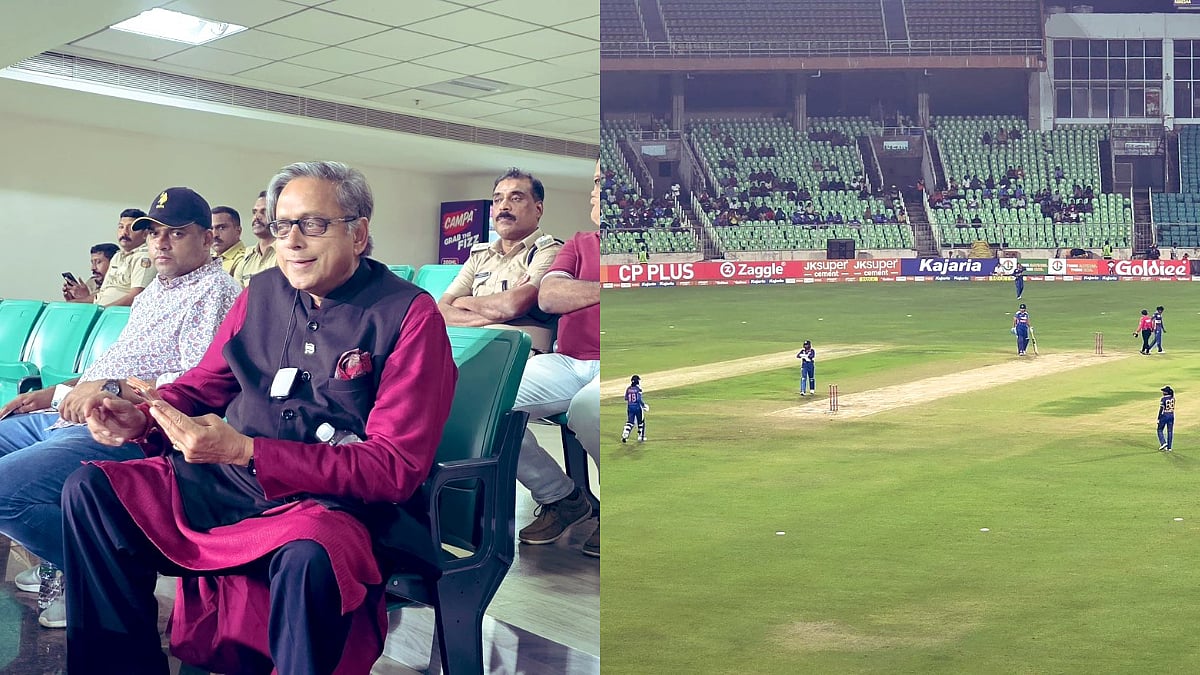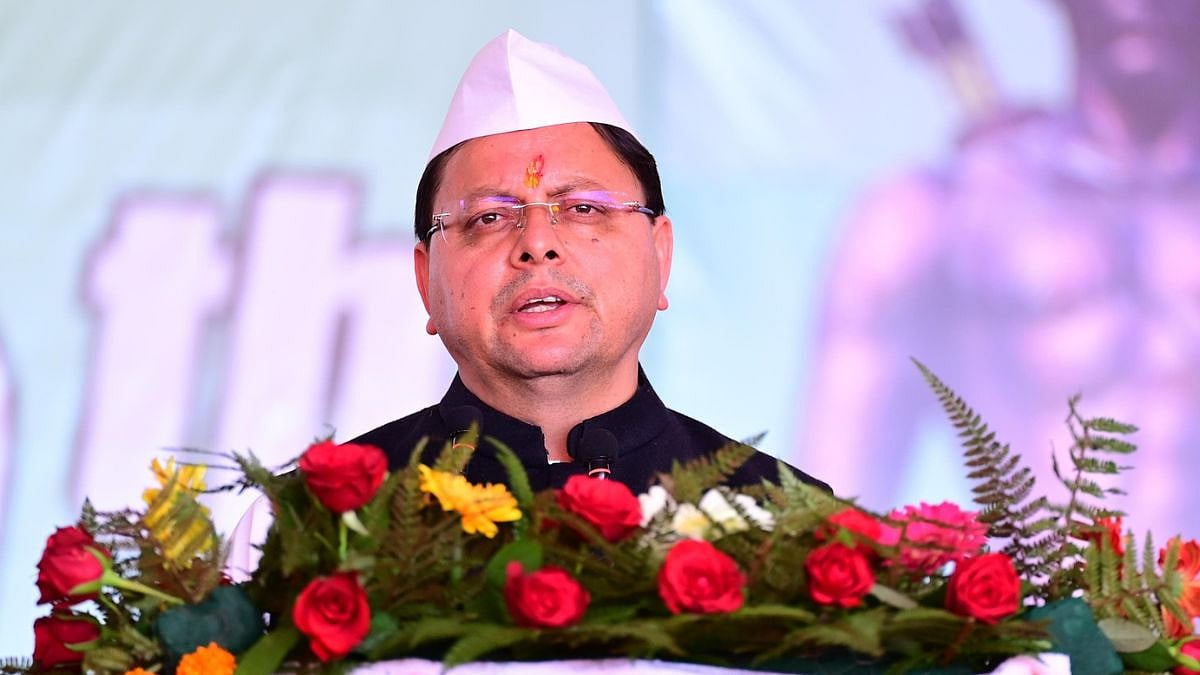Let’s start by considering two problems:
1. You are the manager of the Kempegowda International Airport and need to optimise the wait time of travellers at the security check.
2. You are a bureaucrat in the Karnataka government and need to solve the water crisis in Bengaluru.
We can see that both problems are complex. However, there are crucial differences between them. In problem 1, we know how to measure success – optimising wait time. Most factors that affect the solution are known, though they might be interconnected. We know the typical traffic at different times. We know the average wait time for a traveller. We know that might cause potential delays such as machine malfunctions. We know the problem’s characteristics and the expected optimal solution.
Problem 2 is complex too. But it is also ambiguous. We can’t quantify what is required. Is the desired outcome - water availability for all? Or is it replenished water tables? Or is it to have healthy lake ecosystems? The factors causing the problem might not be completely understood. We might not understand the relationship between the factors well like large-scale urbanisation and climatic changes. One may be the cause of another and lead to cyclic scenarios. Moreover, different stakeholders might have contrasting views on the desirable outcome.
Problem 2 is referred to as a ‘wicked’ problem. Throughout our education, we have been taught analytical problem solving which is sequential, linear, and deterministic. This works well for problems like problem 1. We can develop an algorithm based on the known constraints to provide an optimal solution. But when we try to solve problems like problem 2 using this approach, there are chances of failure. Why is it so? We might come up with top-down, one-size-fits-all solutions. For example, the government might mandate that each household only uses ‘X’ litres of water per day (or) that the water supply be restricted to certain periods. But is such a solution sustainable? Probably not.
Instead, is there a different way to approach wicked problems? Yes, through Design Thinking. Design Thinking is a human-centric approach that is focused on empathising with different stakeholders and understanding their challenges in a granular way. This allows us to break down a large, wicked problem into smaller, better-defined ones. We can then map possible interactions between the smaller problems to understand the causal effect better.
With wicked problems, we don’t know the expected optimal outcome. Through a deep understanding of the problem, a Design Thinking mindset enables us to prototype solutions that can enable incremental improvement within a larger context. The process is non-linear. We can experiment with these smaller ideas to see how they work, what new problems emerge consequently, and eventually unravel the actual wicked problem.
In today’s constantly changing world, we face many wicked problems be it in
businesses, in public policy, or our individual lives. However, Design Thinking as a problem-solving approach is very limited in our formal education system. Through Design Thinking, students can understand the stages of Empathise, Define, Ideate, Prototype, Test (EDIPT). With the EDIPT model, they will learn to empathise, observe, reimagine and create narratives as part of solving problems.
It is becoming increasingly important that Design Thinking be systematically taught, practised, and honed as a skill so that we as students are better equipped to innovatively solve the wicked problems that surround us.
By Ms. Shradha Desai, MSc Psychology (Counselling), School of Social Sciences and Humanities, CMR University

Ms. Shradha Desai |










